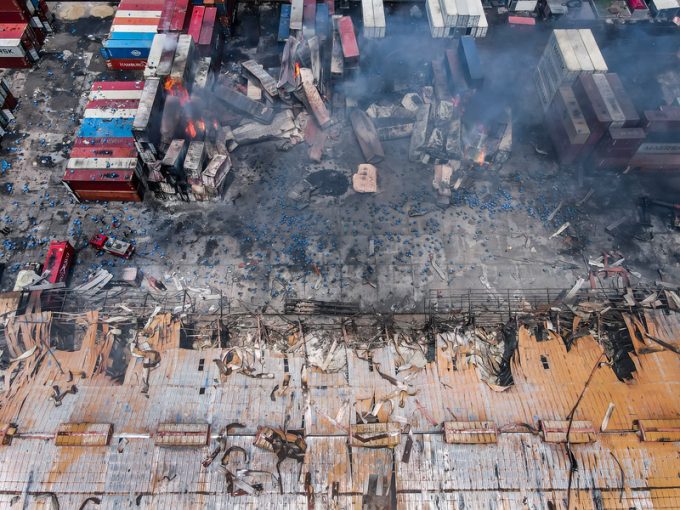Open tender set to launch to find new operator for Chittagong box terminal
Bangladesh is to launch an open tender for the chance to operate its largest box ...

Chittagong port authority (CPA) has wasted no time in issuing new directives to minimise risk after devastating fires from dangerous goods destroyed a container yard, killing 48 people and injuring hundreds more this month.

Comment on this article